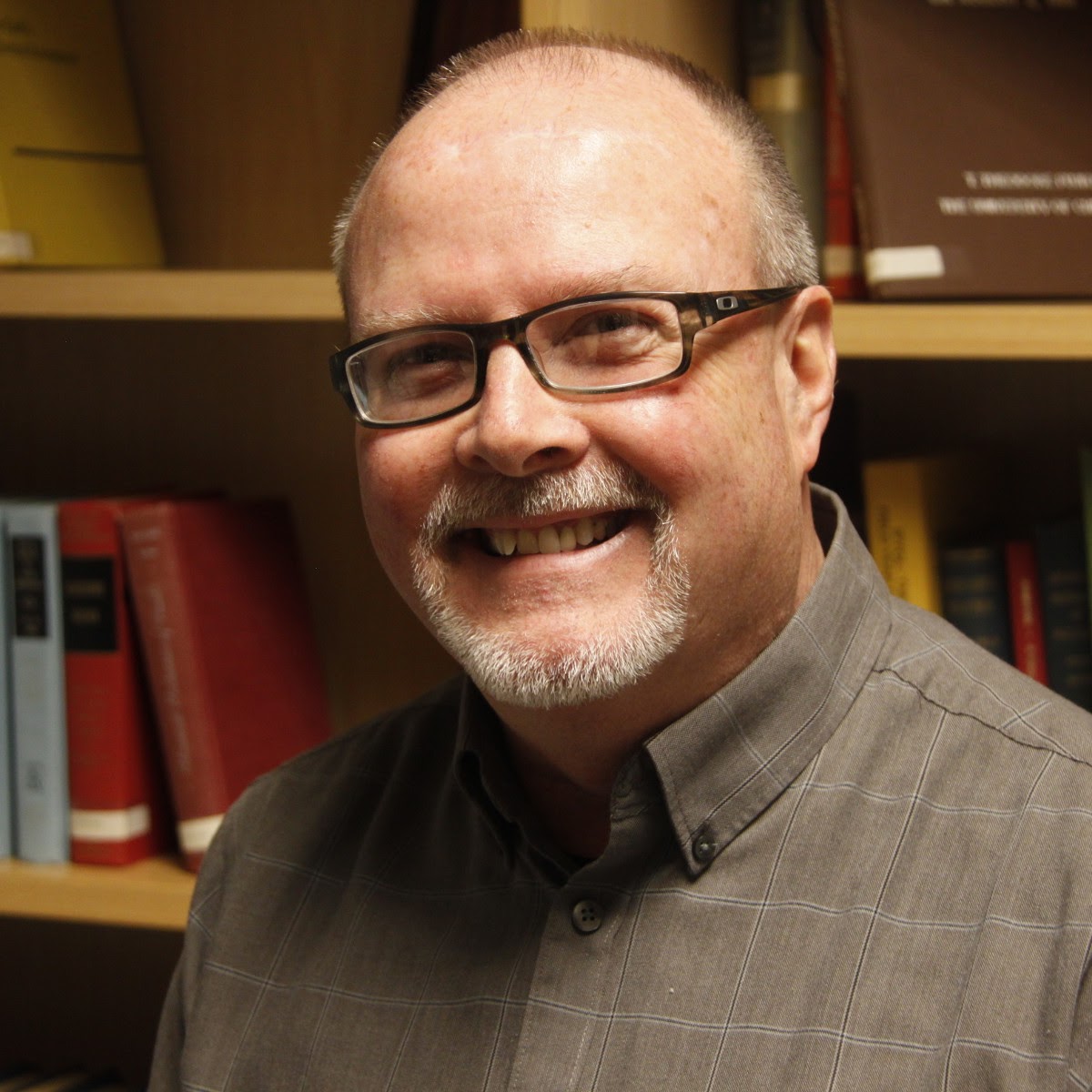Educational Background:
- Bachelor’s Degree in Atmospheric Sciences from Creighton University
- Graduate courses in Atmospheric Sciences from Creighton University
- Graduate courses in Organizational Leadership from the University of Nevada, Las Vegas
- Studied Drawing and Painting at Cincinnati Art Institute
Describe the career path that led you to your current job with the National Weather Service.
- After serving in the U.S. Air Force, I spent several years as a Department of Defense Civil Servant - first as the Chief Meteorologist for the Air Force Severe Weather Unit then leading a group doing mesoscale modeling for Special Ops missions.
- I began my NWS career in 1995, when I was selected for a Science and Operations Officer (SOO) position. I served as a Meteorologist-in-Charge (MIC) in Las Vegas for seven years then moved to Central Region as the Chief of Integrated Services. I was detailed to spin up the Operations Proving Ground in 2012 and formally selected as its Director in 2015.
What do you do for the NWS?
- The OPG mission is to represent NWS field offices in the research-to-operations process by conducting pre-deployment readiness evaluations of promising new science and technology innovations in a realistic operational environment. Our goal is to ensure that new capabilities add genuine value to the process of making and communicating forecast information without adversely affecting workload. When appropriate, we collaborate with key stakeholders, such as social scientists or emergency managers.
What was the most interesting, exciting, or impactful weather/water event you experienced while working for the NWS and why does it stand out?
- While I experienced several interesting weather events as a forecaster, the most impactful event of my career was arguably one which I did not experience directly, but served in its aftermath: the 2011 Joplin, MO tornado. I had the opportunity to serve on-site for the recovery mission in Joplin. The experience galvanized my awareness of the need for effective Decision Support Services (DSS) training to be made available to a broad community of forecasters. That was the catalyst for the creation of DSS Deployment Boot Camp.
What made you decide to pursue a career with the NWS?
- Honestly, it was the encouragement of others. I was serving as an Air Force civilian and one of the officers who worked in my group during his reserve duty was the Western Region Scientific Services Division (SSD) Chief, Ken Mielke. Ken asked me to consider applying for one of the new SOO positions being created around the country. It was the right season for a change in my career, so I applied and was selected. I guess I'm a testimony to the old networking adage, "It's not always what you know, it's who you know."
What do you like most about working for the NWS?
- The NWS is filled with people who are dedicated to excellence, both in science and in public service. It's gratifying to serve alongside people who demonstrate that caliber of professionalism, compassion and commitment. I also love having the opportunity to innovate, to push the envelope in areas where we are bridging science and services, and to be granted the freedom to impact our organizational culture.
What advice do you have for someone interested in a career with the NWS?
- Tomorrow's NWS will have room for a broad spectrum of interests, strengths, background, skills, and personality types. Cultivate relationships with NWS colleagues, seek out information about the variety of jobs and opportunities, and find out how you can plug into student assignments or collaborative partnership projects. Build your resume with projects and experiences that highlight attitude and initiative. Sometimes those are the separators among highly qualified candidates. And don't give up!
What training or coursework would you recommend to someone interested in following your career path?
- I seriously doubt anyone will follow the circuitous route my career took! But regardless of your path, I recommend accumulating a diverse mix of learning experiences. It is certainly valuable to continually build your scientific and technical knowledge. But your most satisfying successes will ultimately be connected to what you achieve with and for people, so invest in developing your soft skills, too. Communication, facilitation, leadership, and team building skills will all serve you well.
